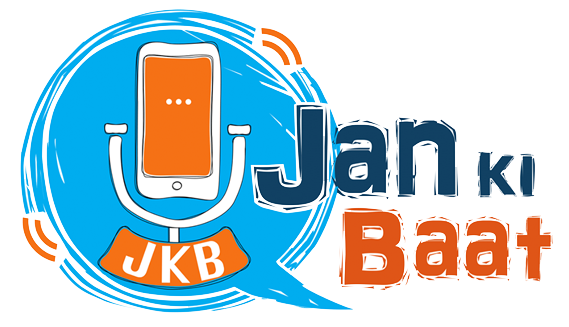Jan Ki Baat gets to the base of the ground reality behind the flexible fare system that the Railway Department has proposed, at the New Delhi Railway Station. Such a policy is similar to what some aviation companies sponsor; the first 10% of customers who book their seats will have to pay the base fare and post the first 10%, the Railway Department would start increasing the fare by 10%. This scheme is applicable to bookings in Shatabdi, Rajdhani and Duronto express. Many that Pradip Bhandari, the Founder of Jan Ki Baat, spoke to were in favour of this move on the condition that the present services and productivity of Indian railways improves. Any hike in the prices should also correspond with better facilities.
The maximum price of the fare is capped at 1.5 times the base fare. The Railway Department earns 68% of its revenue through transport of goods and commodities. Such a policy would be able to increase their revenue. Such a plan ensured that tickets are available only on demand. The move is also expected to minimize the high prices charged by travel agents.
The obvious question that arises is: if the prices go higher, would the passenger not prefer planes over railways? Booking seats at the last minute would be expensive, after all due to such a scheme. Aside from this, any increment in the price would also mean an increment in the level of services, be it food or security. Will the Railway Department be able to balance both or lose its present clientele?
